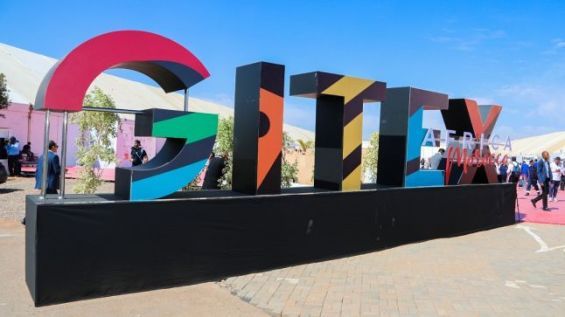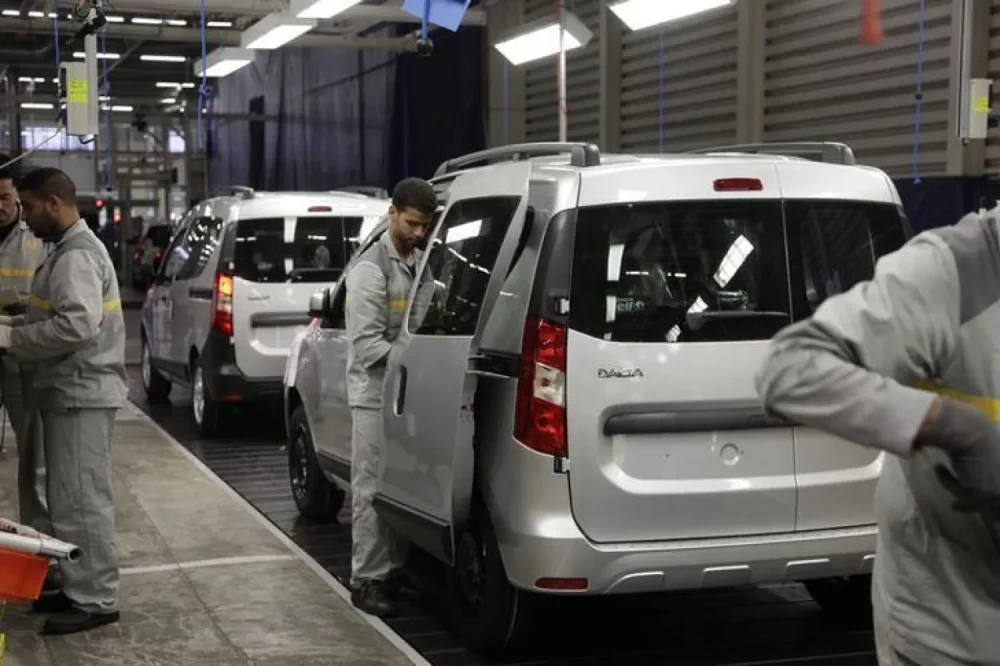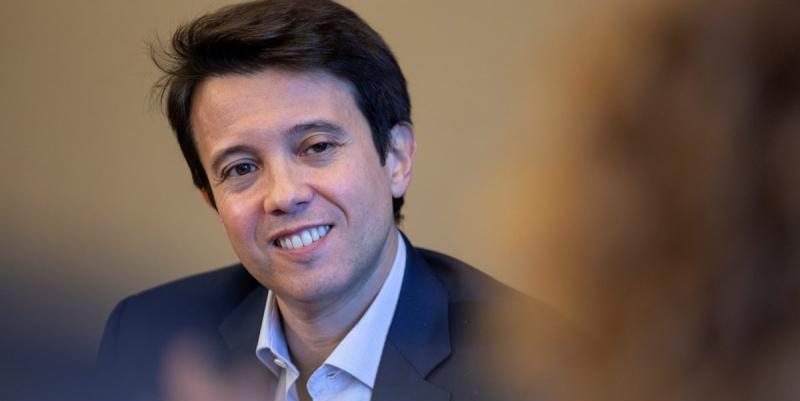In a continent where connectivity remains uneven and tech ecosystems are still emerging, Morocco is positioning itself as a beacon of digital transformation. The third edition of Gitex Africa Morocco, taking place in Marrakech from April 14 to 16, 2025, isn’t just another tech event—it’s a bold statement of intent: Morocco wants to be the regional and continental digital hub for Africa.
Backed by the patronage of His Majesty King Mohammed VI and driven by the country’s Digital Morocco 2030 strategy, the event is a platform for over 1,400 companies, 650 government institutions, 800 startups, and 350 international investors. But beyond the statistics lies a deeper ambition: Morocco is seeking to turn its growing ICT ecosystem into a pillar of national economic development and a driver of regional integration.
According to Amal El Fallah Seghrouchni, Morocco’s Minister Delegate for Digital Transition and Administrative Reform, the event’s growing scale reflects the royal vision for a digital Africa led by innovation, infrastructure, and inclusion. It’s no coincidence that the show features several new initiatives aimed at strengthening pan-African digital cooperation: the Future of Coverage Africa Summit, focusing on digital infrastructure and 5G; and the African Diaspora Studio, fostering links between African innovators abroad and local tech ecosystems.
In 2024, Gitex Africa attracted over 1,500 exhibitors from 130 countries and 680 startups from 56 nations, including 200 Moroccan companies through the “Morocco 200” program. The 2025 edition builds on that momentum, with a redesigned format offering greater interactivity between startups, investors, and institutions. New elements, such as certified training and inclusive innovation labs, reflect Morocco’s strategic pivot toward being not just a participant but a facilitator of continental tech growth.
Building a Digital Economy for Africa—From Morocco. But what makes Morocco uniquely positioned to lead Africa’s digital charge?
Infrastructure – Over the last decade, Morocco has invested heavily in digital infrastructure, including one of the continent’s most advanced fiber-optic backbones and increasingly competitive cloud and data center offerings. Casablanca and Rabat are already hubs for digital services and software outsourcing, while tech parks in cities like Fes and Tangier are rising as innovation zones.
Government policy – the Digital Morocco 2030 strategy aims to create 3,000 startups and 240,000 jobs in the ICT sector, with a strong emphasis on artificial intelligence (AI), cybersecurity, fintech, and digital administration. The presence of more than 25 ministries and 100 digital public services at Gitex Africa 2025 underscores Morocco’s commitment to e-governance and smart government.
Geostrategic location – Morocco serves as a gateway between Europe, the Maghreb, West Africa, and the Sahel. As North African countries like Algeria and Tunisia remain cautious in digital partnerships and Sub-Saharan markets like Nigeria and Kenya focus on domestic development, Morocco is seizing the opportunity to act as a bridge—both commercially and diplomatically.
It is against the aforementioned background, that artificial intelligence is expected to take a center stage at this year’s Gitex. According to Trixie LohMirmand, CEO of Kaoun International (event organizer), nearly half of the exhibition space will be dedicated to Moroccan AI startups and innovations. With over $2 billion in AI funding raised across Africa in 2024, the timing couldn’t be better. Investors appear to have taken note of this.
Around 25% of the 350 international investors expected at Gitex will be visiting Morocco for the first time—a powerful signal of confidence in the country’s technology potential. And it’s not just Gulf and U.S. capital that’s flowing in: the European Commission will attend Gitex Africa for the first time, exploring investment partnerships and digital policy alignment with Morocco and other North African states.
Meanwhile, Gitex Europe 2025 in Berlin will feature a special pavilion for Moroccan companies, further internationalizing the country’s digital brand. This is part of a larger Moroccan strategy to embed its startups into global supply chains and capital markets.
Can Morocco Become Africa’s Digital Anchor? There’s no doubt that Morocco is rising fast. But becoming Africa’s digital anchor is not without its challenges.
While Morocco produces thousands of tech graduates annually, many are lured abroad by higher salaries and more mature ecosystems. The “Morocco 200” program and Diaspora Studio are meant to reverse this trend, but results will take time.
For Morocco to truly act as a continental hub, it must deepen economic and digital ties with Sub-Saharan African countries. The African Continental Free Trade Area (AfCFTA) provides a framework, but connectivity, data sovereignty, and digital trade protocols remain underdeveloped across the continent.
Unlike Nigeria or South Africa, Morocco’s domestic market is relatively small. Its digital hub ambitions depend heavily on export-driven growth—meaning it must offer services and platforms that appeal to broader African and global markets.
Still, Morocco’s consistency, institutional stability, and infrastructure investment give it a significant edge over competitors in the Maghreb and Sahel. And while countries like Kenya, Rwanda, and Nigeria have been hailed as Africa’s digital pioneers, Morocco’s holistic approach—combining tech, diplomacy, education, and trade—may prove to be the winning formula for long-term regional leadership.
Gitex Africa Morocco 2025 is not just another tech fair—it is the outward expression of Morocco’s digital ambition. Whether through AI, 5G, digital public services, or regional collaboration, the country is making a credible claim to being Africa’s tech gateway.
But the journey is far from over. Turning infrastructure into inclusive innovation, and startups into scaled-up success stories, will require more than exhibitions and slogans. It will demand bold policy, regional trust, and sustained investment. Morocco is off to a strong start—but the real test will come when the lights of Gitex go out, and the continent looks for a leader to carry Africa’s digital future forward.




